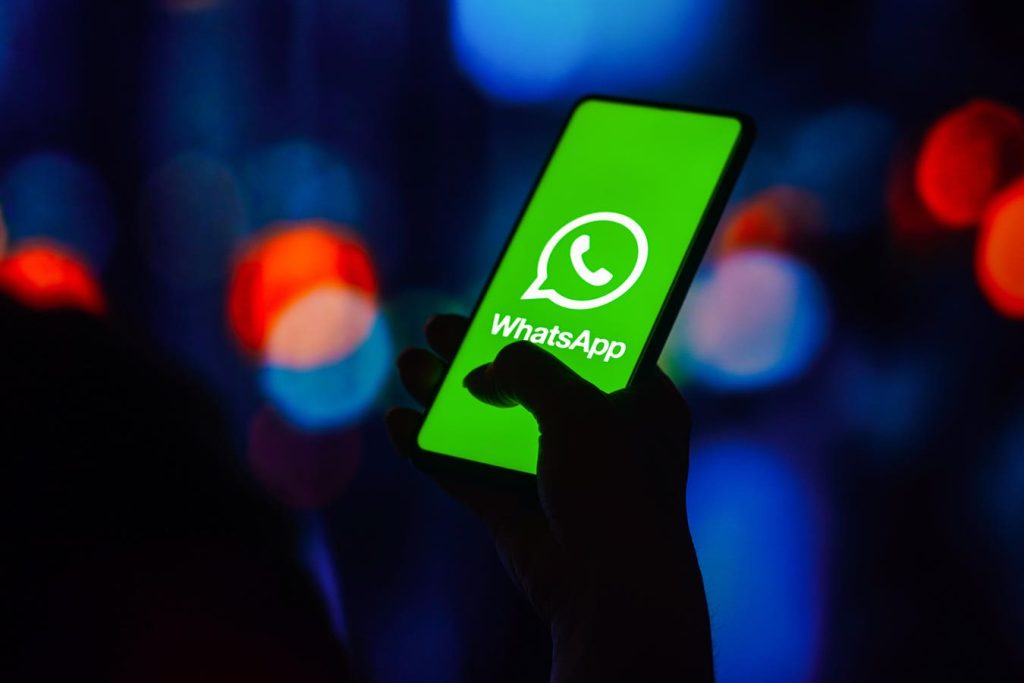WhatsApp is about to change. The change will be big and far-reaching, allowing users to send messages from other messaging apps and see them land in your WhatsApp. How cool is that?
February 10 update below. This post was first published on February 8, 2024.
Last September, lawmakers in the European Union designated Meta, WhatsApp’s parent company, as what it calls a gatekeeper company and required it to open up its services to others after six months—that is, by March this year. This is part of the same Digital Markets Act which will see Apple open up the iPhone to users in the EU, but it looks like WhatsApp’s changes will apply outside Europe as well.
As reported by the estimable Matt Burgess at Wired, WhatsApp has only partly been cajoled into this move, having been working on opening things up for around two years.
If you’re like me, you spend more time than you’d like trying to remember if that important message came via iMessage, WhatsApp or Messenger, say. The new system is meant to overcome this annoying circumstance by allowing people to message you at WhatsApp from another app.
The change will mean those other apps can attach themselves to WhatsApp to allow people to chat across apps without denigrating the end-to-end encryption that’s in place.
This interoperability will start with text messages, images, voice messages, videos and file transfer. Calls and group chats will come later, perhaps as much as years afterwards.
Wired quotes Dick Brouwer, an engineering director at WhatsApp, who points out that a core requirement is that users opt in. “I can choose whether or not I want to participate in being open to exchanging messages with third parties,” Brouwer explains. “This is important, because it could be a big source of spam and scams.”
If you do opt in, you’ll see messages from other apps in a separate section that will appear at the top of the inbox, because “these networks are very different,” Brouwer says.
In a sense, it’s a logical extension of what made WhatsApp so popular, especially in Europe: it is platform-agnostic. So, you never needed to worry if your friends had an iPhone or Android phone—WhatsApp could reach them.
Now, you should be able to reach your friends or family without even knowing if their preferred app is Signal, Telegram or iMessage and without the need to download all the apps.
Of course, different standards make this more complicated, so there will be wrinkles to be ironed out in terms of encryption protocols. Meta would prefer it if the Signal encryption protocol, which it uses, is used by other apps, too.
“We think that the best way to deliver this approach is through a solution that is built on WhatsApp’s existing client-server architecture,” Brouwer says.
Which companies will actually connect to WhatsApp is not yet clear, but the fact that it’s about to become a possibility is highly welcome.
February 10 update. There’s been a lot of reaction to the upcoming plan to open WhatsApp up so that messages can appear from other messaging services. And rightly, it’s a very cool update. As TechRadar points out, it’s a move not without its hiccups. The site says about the change, “It’s never simple.” It goes on, “The next bump in the road is that your WhatsApp chats and third-party app chats won’t be able to mingle in one inbox, instead if you opt-in to cross-app messaging your third-party conversations will be put into a separate “third-party chats” inbox – meaning there are some extra taps required to open them.”
And it points out that it seems likely that Apple won’t take up the opportunity to mingle its iMessage system with WhatsApp, “given that Apple has tried hard to stamp out similar initiatives in the past – such as Beeper Mini.” I’d agree with that.
TechRadar concludes: Iinteroperability between chat services is coming but it’ll probably take some time for other services to join Meta’s platforms after it goes live—and it might not feel quite as seamless as we had hoped.”
There’s still a lot to learn with this new capability. The companies that want to get involved will have to sign an agreement with Meta, and the details of such an agreement are not public. And, as mentioned above, it’s not clear which services—if any—will want to take advantage of this level of interoperability. This will again come back to the contract, but also whether Telegram, Viber and others want to have their messages land in someone else’s system. Let’s hope they do as it will likely be to the consumer’s advantage.
Read the full article here





